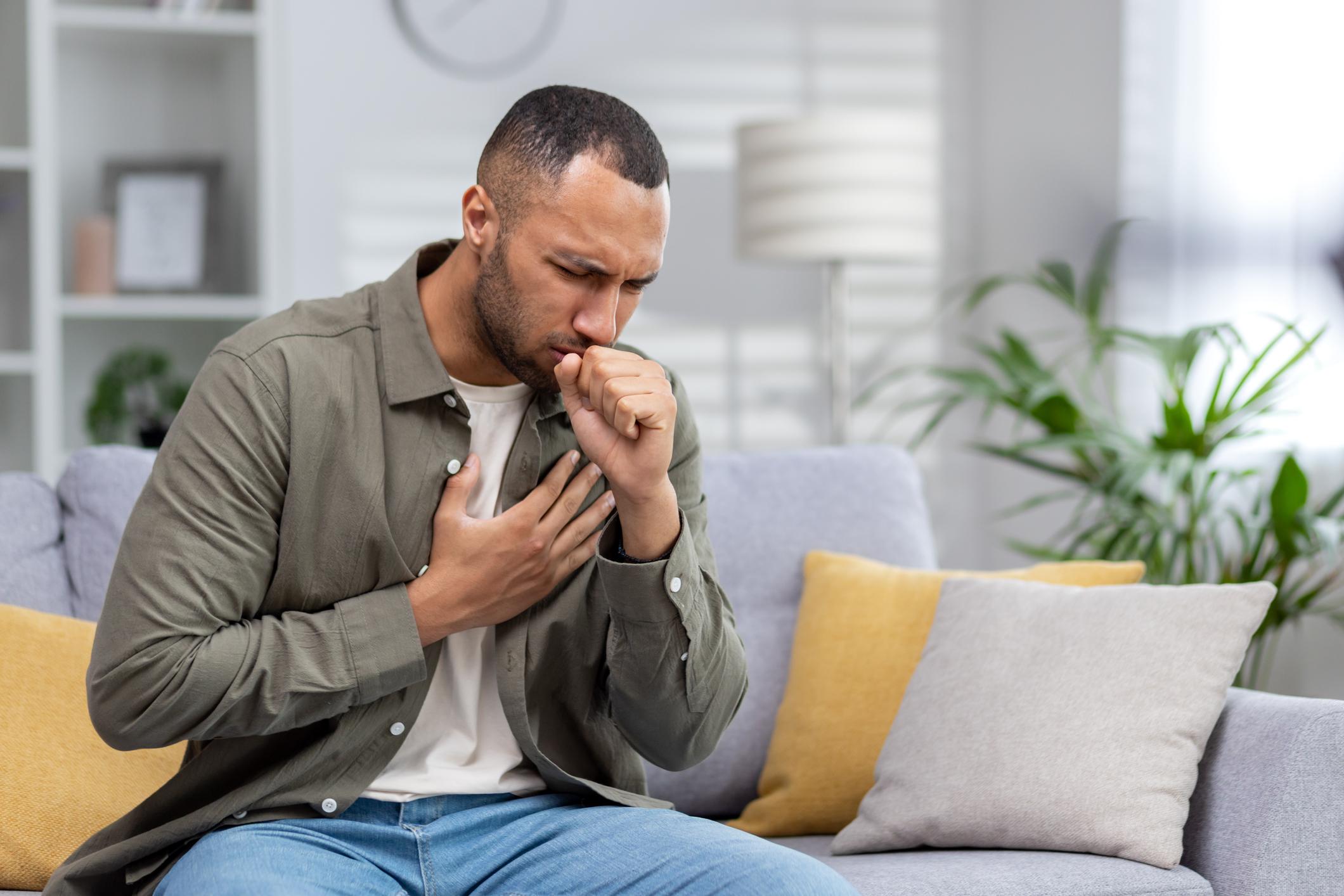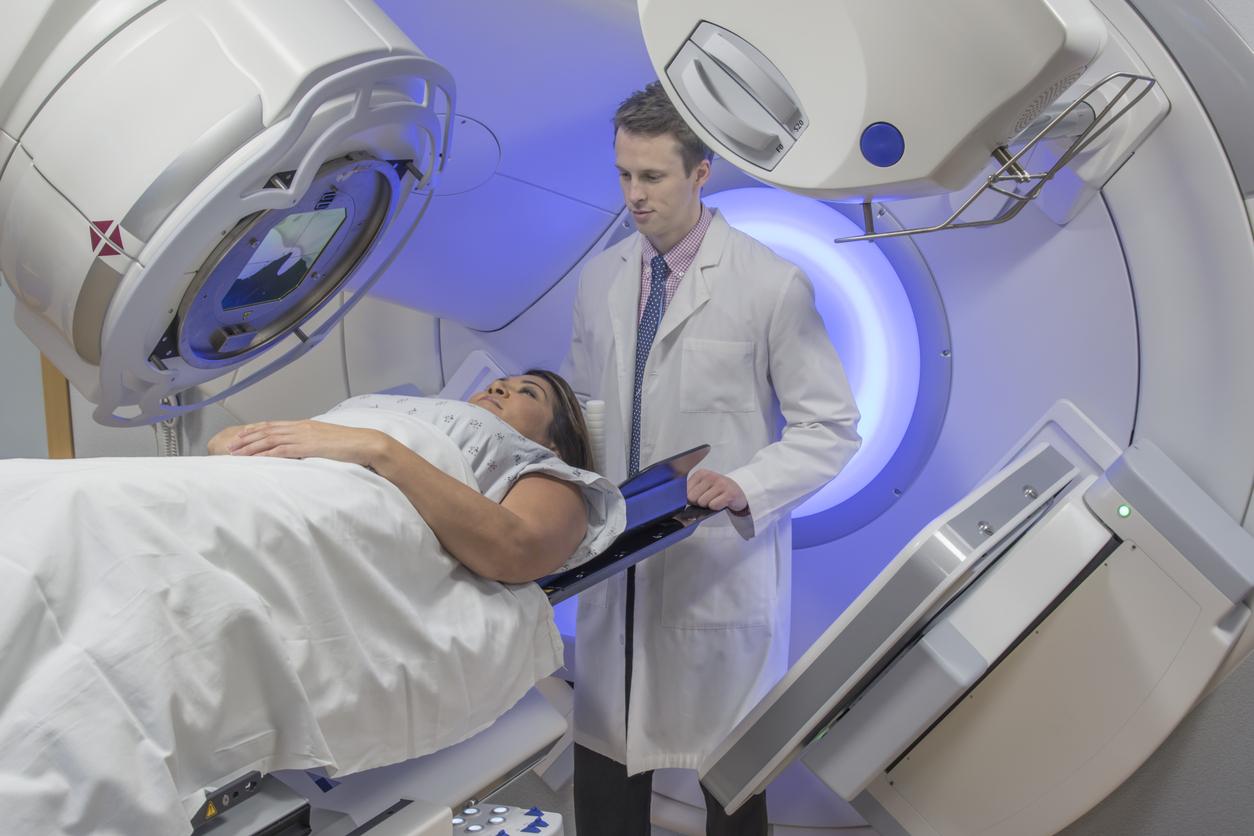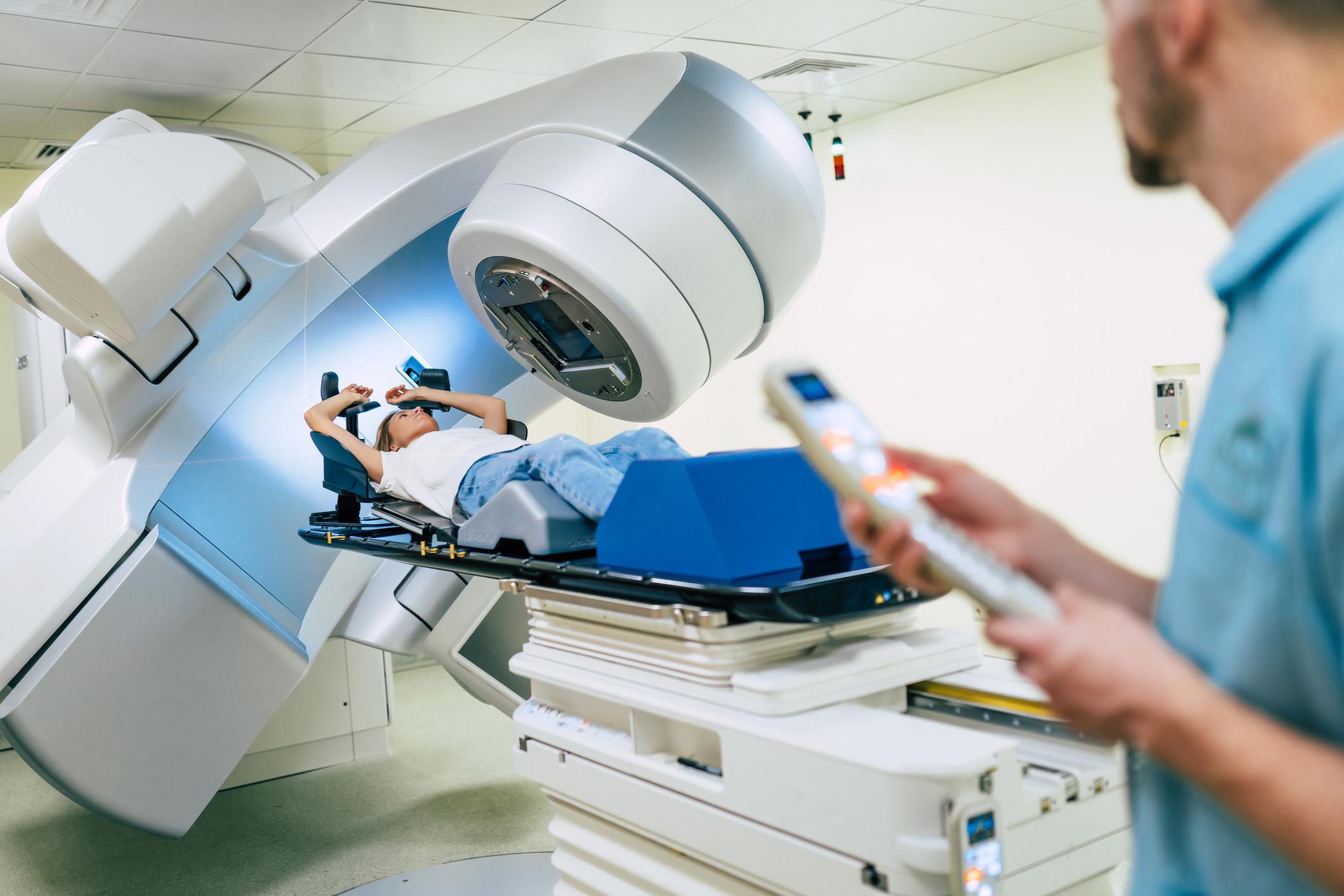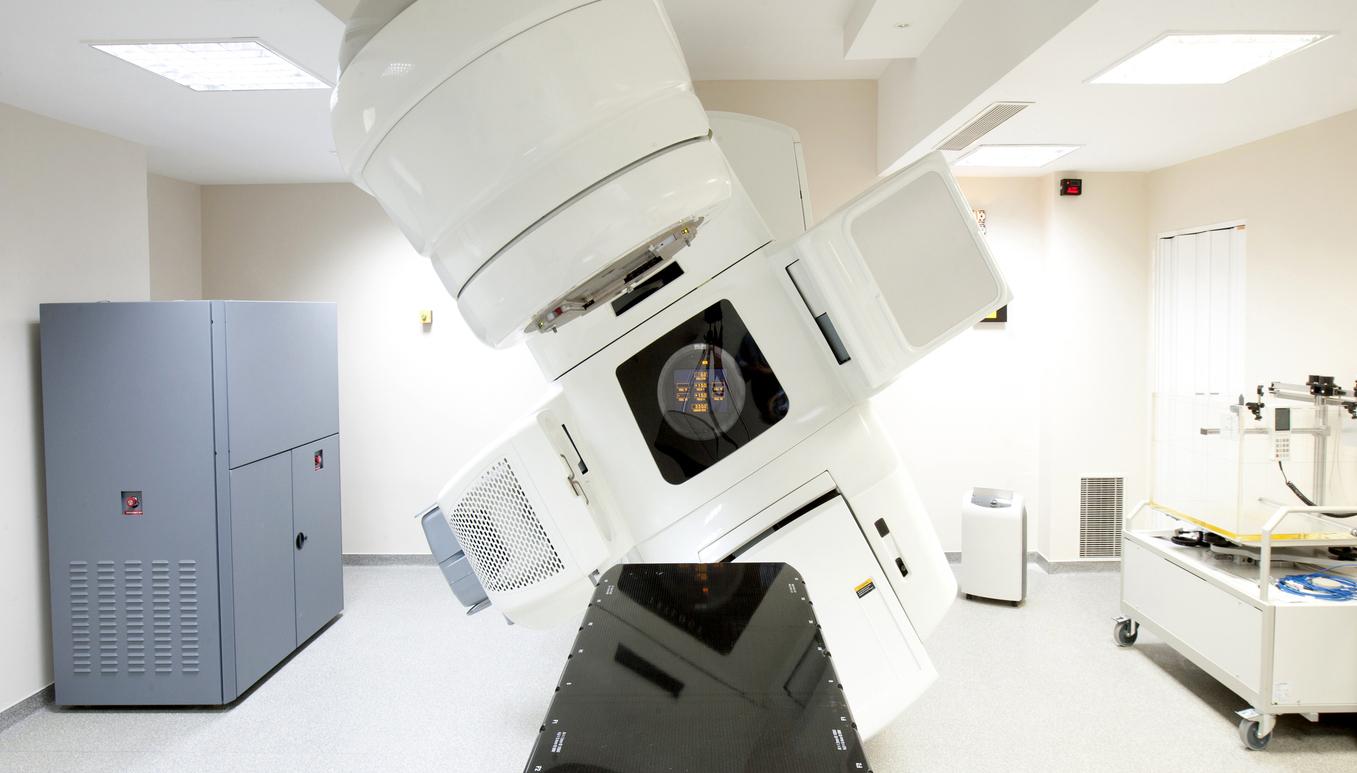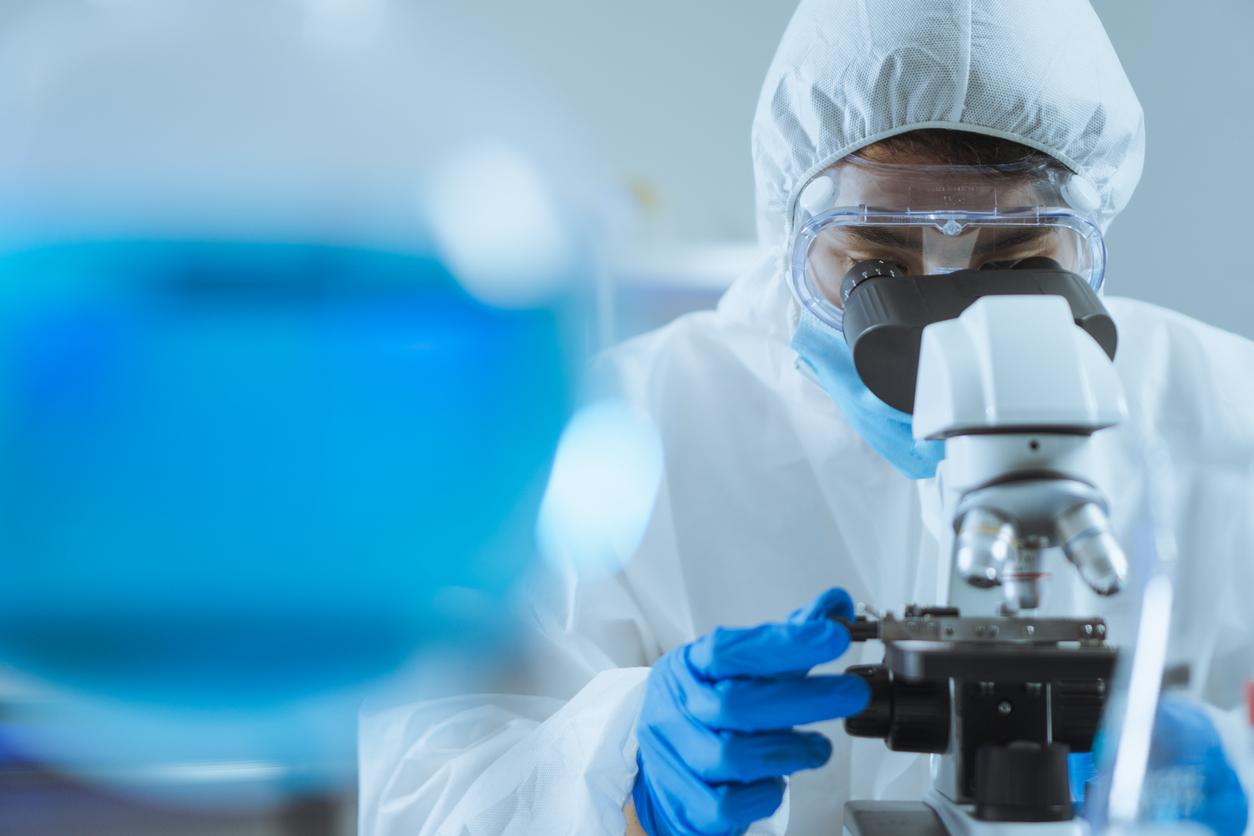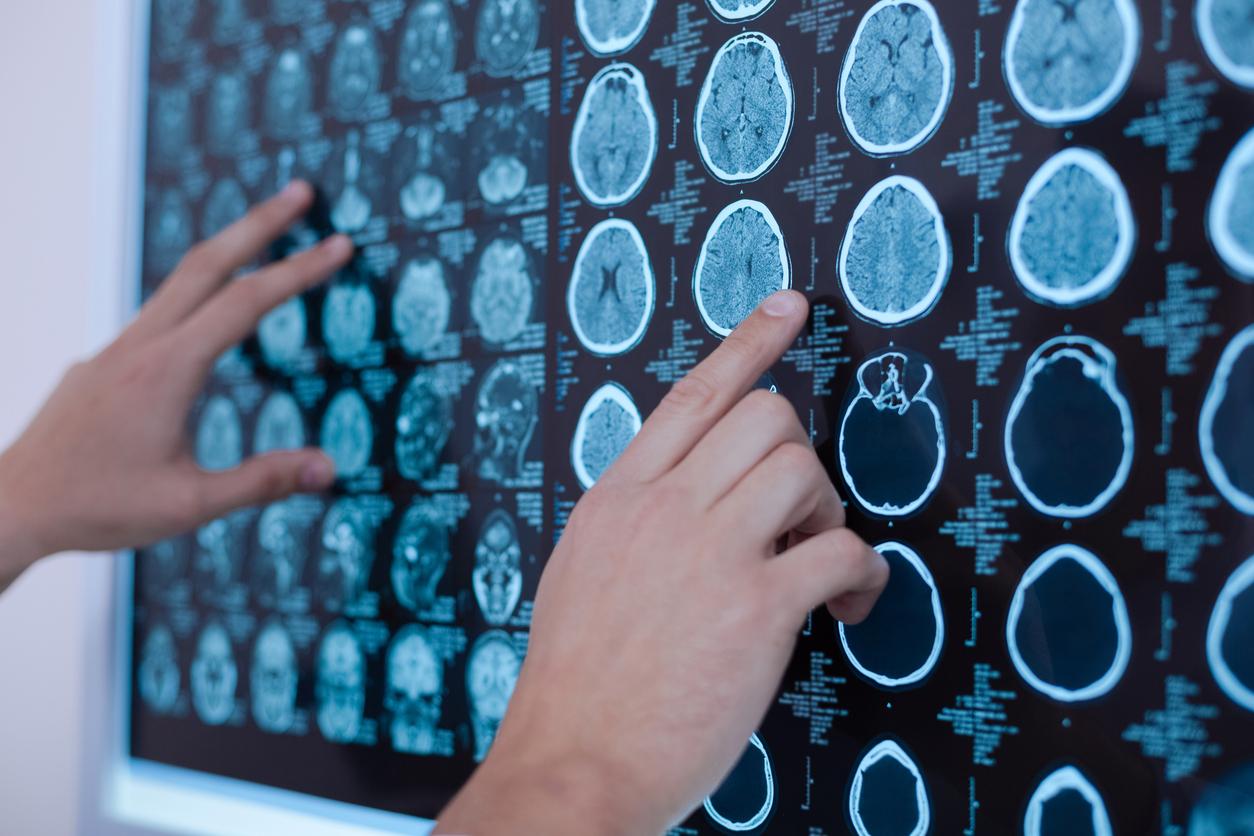
In some patients with severe Covid-19, low dose irradiation of the lungs appears to be beneficial. Explanations.
Low irradiation reduces inflammation
During the first wave of Covid-19 contamination, Prof. Éric Deutsch, head of the radiotherapy department at Gustave Roussy (IGR), was able to work on fragments of human lung tissue made inflammatory by the H1-N1 virus, which generates severe pneumonia. He and his team found that low irradiation reduced inflammation. They hope, by the end of December, to repeat the experience with SARS-CoV-2.
If in France, the study will not be able to be done on people, in Atlanta, Madrid, Tehran and New Delhi ongoing studies have all shown “that low doses are well tolerated, that there is no no major worsening of patients induced by radiation, and that there are patients who really improve ”explains Prof. Deutsch, in an interview with The research, “Essentially phase I clinical trials, with few patients, and monitoring of their condition and toxicity”.
A pneumonia-radiotherapy link already established
This method is not new. During the 1930s and 1940s, before the common use of antibiotics, American physicians had successfully used low-dose radiation to treat pneumonia of viral or bacterial origin. “At the time, doctors did not have a CT scan, but by doing x-rays and monitoring the temperature, they found that patients’ condition improved within 6 to 8 hours. They were no longer feverish and the state of healing seemed permanent. “, underlines Professor Deutsch before adding: “When the first wave of Covid began, in January 2020, at a time when no one really knew what to do, there was a discussion among all radiotherapist oncologists on the planet to know whether to dig up this idea and use low-dose radiation therapy in desperation. “









